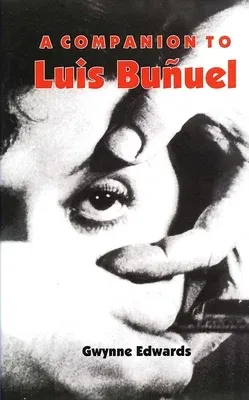Gwynne Edwards
(Author)A Companion to Luis BuñuelPaperback, 18 March 2010

Qty
1
Turbo
Ships in 2 - 3 days
In Stock
Free Delivery
Cash on Delivery
15 Days
Free Returns
Secure Checkout

Part of Series
Monografías a
Part of Series
Monografias a
Part of Series
Monografa-As a
Part of Series
Monografias a Monografias a Monografias a Monografias a
Part of Series
Monografias a Monografias a Monografias a
Part of Series
Monografias a Monografias a
Print Length
186 pages
Language
English
Publisher
Tamesis Books
Date Published
18 Mar 2010
ISBN-10
1855662051
ISBN-13
9781855662056
Description
Product Details
Author:
Book Format:
Paperback
Country of Origin:
GB
Date Published:
18 March 2010
Dimensions:
23.39 x
15.6 x
1.02 cm
Genre:
Hispanic
ISBN-10:
1855662051
ISBN-13:
9781855662056
Language:
English
Location:
Woodbridge
Pages:
186
Publisher:
Series:
Weight:
272.16 gm